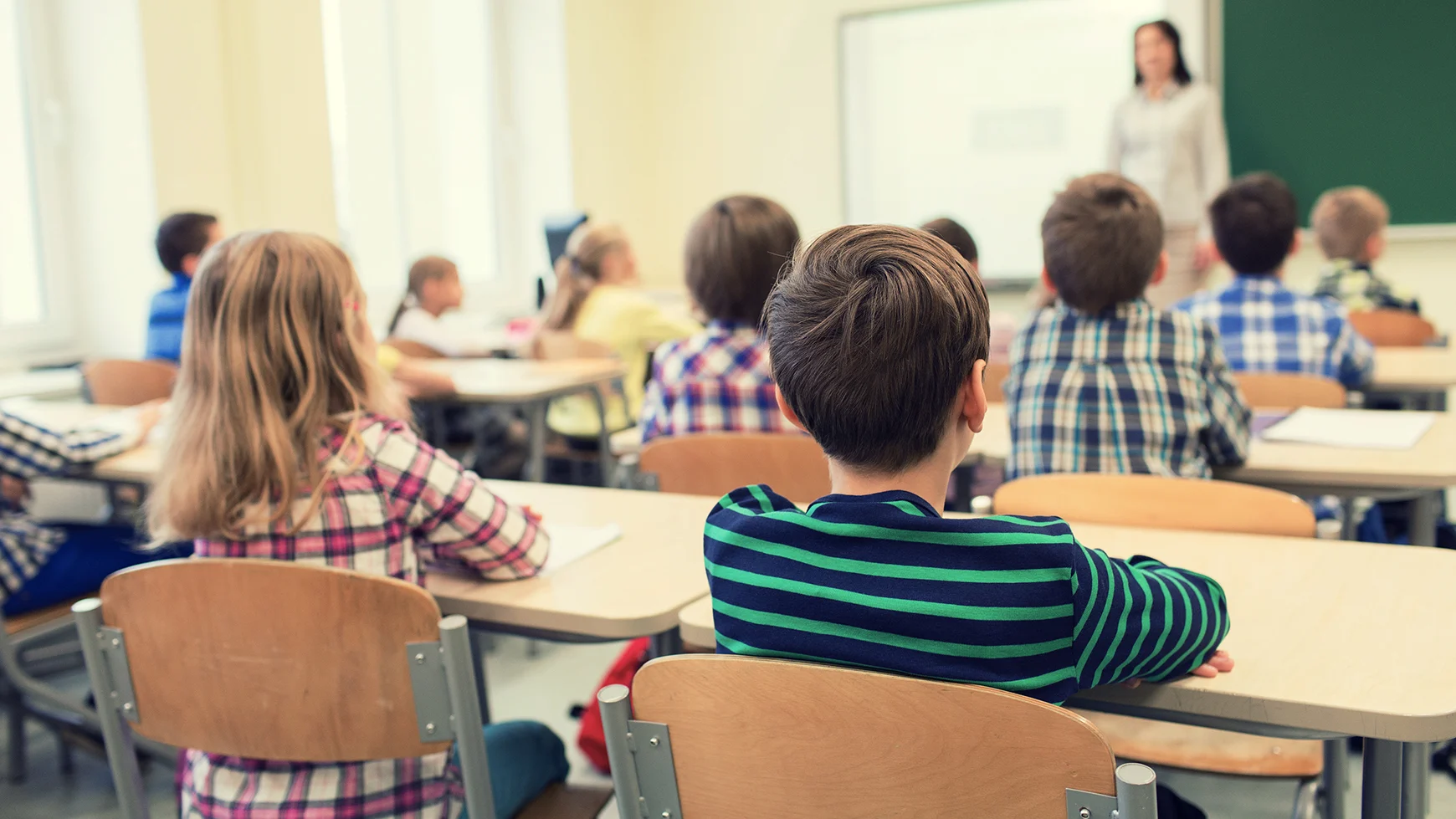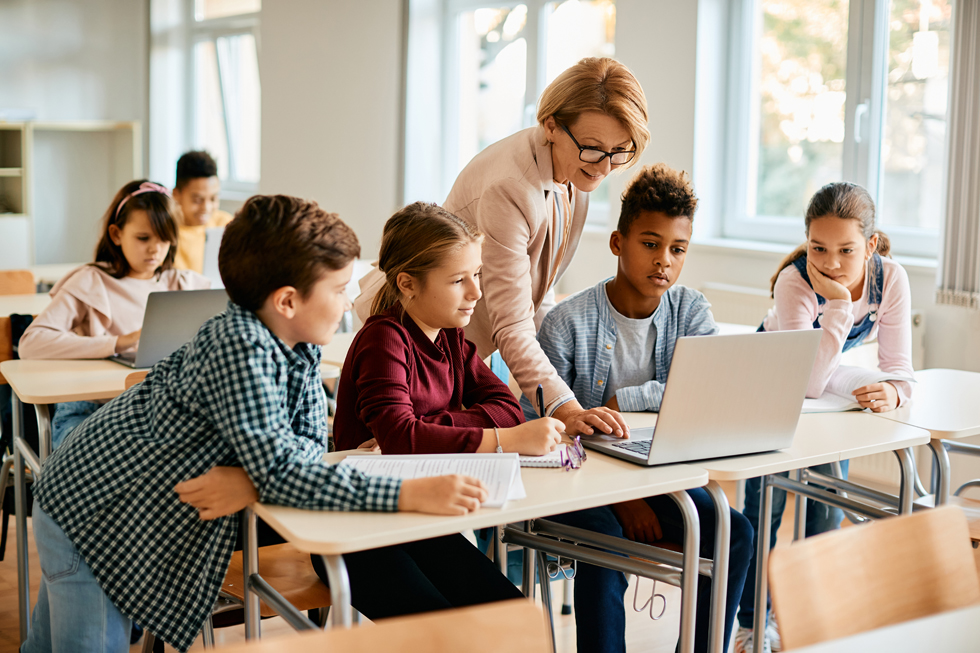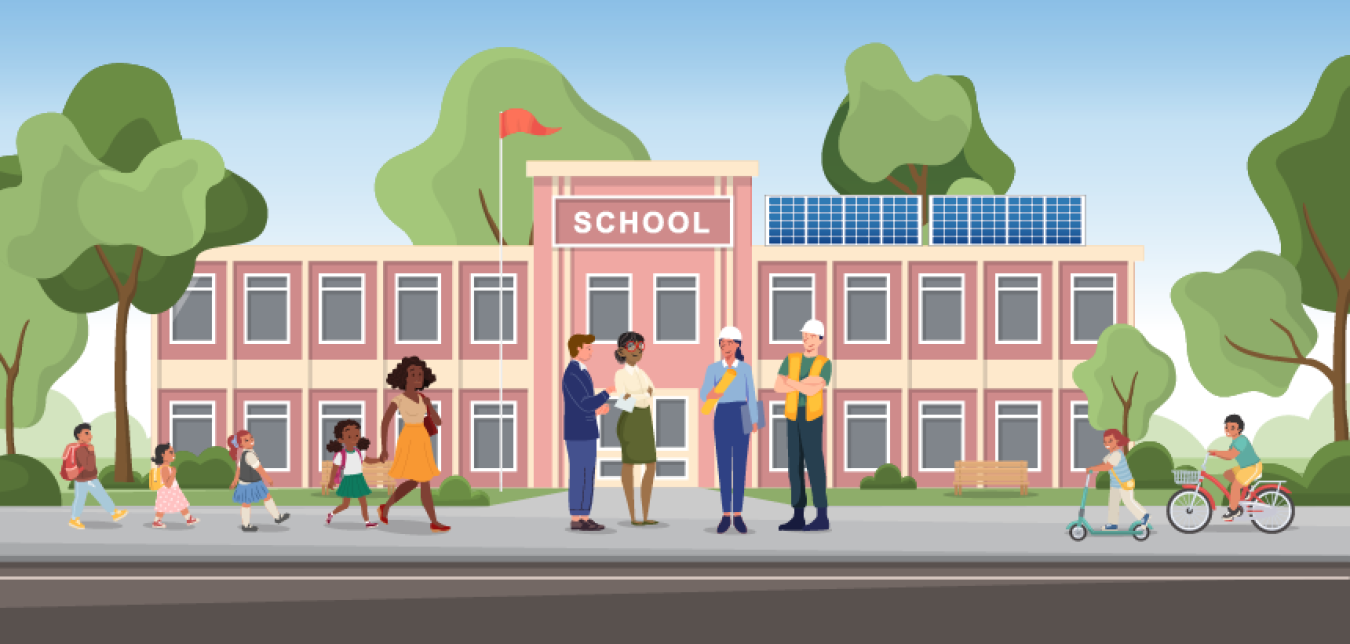Recognizing the Relevance of Schools in Youngster Development and Community Growth
Colleges' interaction with local neighborhoods with service-learning efforts strengthens the bond between families and educational establishments. This symbiotic partnership emphasizes the value of colleges in nurturing energetic citizenship and long-lasting discovering routines.
Academic Success
Academic accomplishment functions as a keystone of youngster growth, supplying the foundation upon which future understanding and success are constructed. Schools play a critical role in cultivating this academic growth, using structured settings where youngsters can acquire essential understanding and cognitive skills. Standardized curricula make certain that trainees gain proficiency in core subjects such as maths, science, and language arts, which are essential for both college and expert opportunities.
In addition to passing on basic academic abilities, schools likewise cultivate important reasoning, analytical abilities, and intellectual interest. These cognitive competencies are important for browsing complex real-world scenarios and adjusting to the ever-evolving demands of the contemporary office. Teachers, as facilitators of learning, utilize varied instructional approaches to accommodate diverse discovering designs, therefore making best use of individual trainee capacity.
In addition, academic success is closely connected to self-confidence and inspiration. Youngsters who experience scholastic achievements are a lot more most likely to create a positive self-concept and a lifelong enthusiasm for discovering. Colleges also offer different resources, such as collections and modern technology, which better enhance the educational experience and prepare trainees for a technically sophisticated culture.
Social Ability Advancement
Beyond scholastic success, the duty of colleges in social ability growth is important. Schools work as a main location for kids to discover and practice vital social abilities such as problem, interaction, and collaboration resolution. In the organized environment of a class, pupils connect with peers, teachers, and various other college team, providing many chances to develop these crucial abilities.
Efficient social skill growth in colleges is assisted in via team activities, collaborative jobs, and extracurricular programs. These communications assist students understand social norms, build compassion, and promote a sense of neighborhood. Team projects teach pupils how to work with each other towards a common goal, pay attention to different point of views, and browse disagreements constructively.

The farming of social skills during school years lays a structure for future individual and professional connections. Save Temecula Schools. As students mature, the capability to effectively collaborate and interact comes to be significantly vital, highlighting the college's essential function in alternative youngster growth
Exposure to Diversity
Exposure to diversity in institutions is fundamental to fostering an inclusive attitude and widening pupils' perspectives. Schools act as a microcosm of the wider society, and experiencing diverse societies, languages, and socioeconomic histories within this setting outfits pupils with necessary skills for navigating a significantly globalized globe. This exposure urges compassion, lowers bias, and promotes common regard among peers.
Diverse classrooms additionally enhance cognitive and social advancement. Research shows that students that connect with peers from diverse backgrounds display better problem-solving abilities and creativity. They discover to appreciate various point of views, which enhances class conversations and fosters a more vibrant learning experience. This understanding of diversity prepares pupils for future offices that value modern skills.

Area Involvement
The advantages of diverse classrooms extend past the institution wall surfaces, cultivating a solid feeling of neighborhood engagement among students. By communicating with peers from various social, socioeconomic, and ethnic histories, pupils obtain a broader perspective and an appreciation for diversity. This exposure urges them to end up being energetic people that agree to add positively to their areas.
Colleges that highlight neighborhood interaction frequently include service-learning jobs, which enable students to address real-world issues while applying scholastic abilities. These jobs not only enhance pupils' understanding of their coursework but also infuse a feeling of obligation and empathy. Moreover, partnerships in between colleges and regional companies offer students with possibilities to take part in neighborhood occasions, better strengthening their role as proactive neighborhood members.
In addition, parental and area involvement in schools reinforces the bond in between schools and the neighborhoods they offer. When colleges open their doors to neighborhood occasions, workshops, and volunteer top article chances, they create a collaborative setting that profits all stakeholders. This common support group guarantees that pupils obtain alternative development, preparing them to end up being all-around people that add and value to their neighborhoods. Through these efforts, colleges play a pivotal function in supporting neighborhood involvement and fostering societal growth.
Lifelong Understanding Practices
Establishing long-lasting knowing habits is necessary for a youngster's continual development and adaptability in an ever-changing globe. Colleges play a crucial duty in instilling these habits by creating an atmosphere that cultivates inquisitiveness, critical reasoning, and a love for expertise. With diverse curricula and after-school activities, teachers motivate trainees to explore different topics, analyze information seriously, and apply their discovering to real-world situations.

In addition, schools offer an organized atmosphere where kids can create self-discipline and time administration abilities, both of which are crucial for constant discovering. By stressing the importance of setting goals, mirroring on progression, and adapting techniques, academic establishments prepare pupils to browse the complexities of adult life, ensuring they remain lifelong learners and factors to culture.
Verdict
In verdict, colleges are vital in fostering kid growth and neighborhood growth by supplying atmospheres conducive to scholastic accomplishment, social ability advancement, and exposure to variety. Ultimately, colleges grow long-lasting discovering habits, outfitting individuals with the necessary expertise and abilities to visit the site contribute favorably to culture.
In the structured environment of a classroom, pupils communicate with peers, educators, and other institution personnel, providing countless opportunities to establish these critical capabilities.
In significance, direct exposure to variety within schools not only enhances specific trainees yet also enhances the social textile of the area as a whole.
The benefits of diverse class extend beyond the institution wall surfaces, cultivating a strong feeling of neighborhood interaction amongst pupils.Schools that emphasize neighborhood interaction typically integrate service-learning tasks, which permit students to address real-world issues while special info applying scholastic skills. Partnerships between schools and regional organizations provide trainees with possibilities to get involved in area occasions, better strengthening their duty as positive area participants.